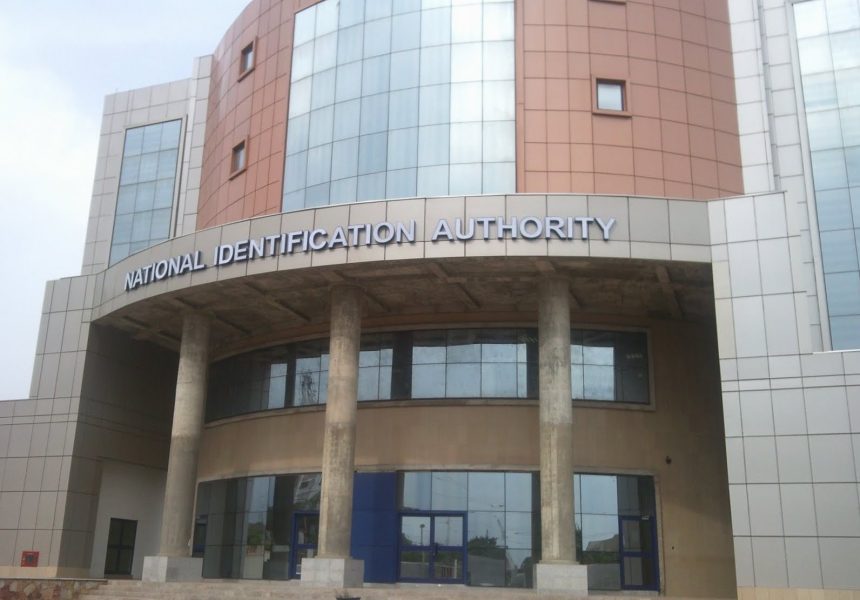The National Identification Authority (NIA) has disconnected the Ghana Revenue Authority (GRA) from its Identity Verification Service (IVS) platform over a debt exceeding GHC 376 million.
The move, effective August 5, follows what NIA describes as months of failed attempts to get GRA to pay or commit to a plan.
Why it matters
The IVS platform enables real-time identity verification using the Ghana Card and is vital for services across both public and private sectors.
The disconnection could disrupt operations dependent on ID authentication, including those of ECG, Lands Commission, and fintechs.
What they’re saying
“We have written to them countless times… even escalated it to Parliament,” said NIA’s Head of Corporate Affairs, Williams Ampomah Darlas, on Citi Eyewitness News.
“We gave them our last notice on July 29. We didn’t hear from them, so effective August 5, we blocked them.”
Darlas added that several institutions, including ECG, the Lands Commission, and Hubtel, have been accessing the NIA’s database through GRA — a move he says violates existing laws and further compounds the problem.
The big picture
- The NIA says unpaid debts are affecting its operational capacity.
- Unauthorized third-party access through GRA is a breach of data laws.
- The situation underscores gaps in inter-agency accountability and threatens the reliability of a critical national infrastructure.
What’s next
The NIA is calling for swift government intervention to ensure the continuity and sustainability of its systems. The GRA has yet to publicly respond.
Source: Citinews









